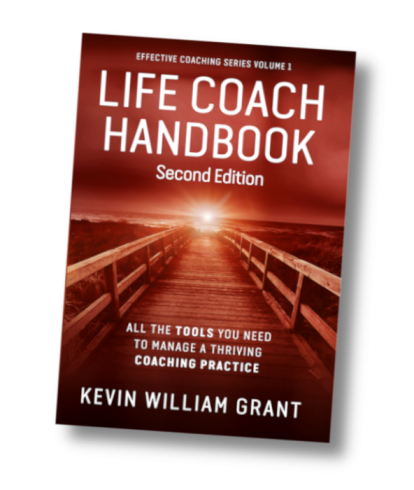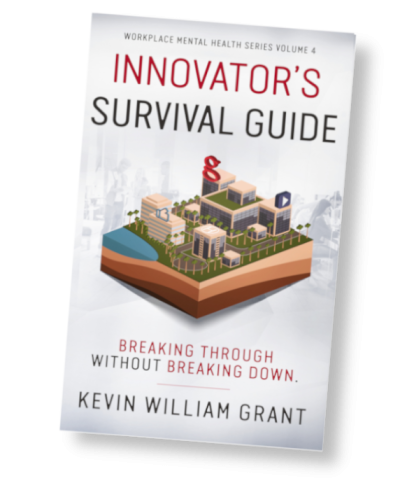Service Overview
Career Counselling
Career Planning, Career Change, Workplce Trauma, Life Transitions
What is Career Counseling?
Career counseling is a process that helps individuals make informed decisions about their career paths and effectively manage their careers. It involves working with a trained career counselor who assists individuals in exploring their interests, abilities, values, and goals to make career-related choices that align with their personal and professional aspirations.
Career counseling typically begins with an assessment phase, where the counselor uses various tools and techniques to gather information about the individual's personality traits, skills, aptitudes, and interests. The assessment typically involves self-assessment tests, interviews, and discussions to gain insights into the person's strengths, preferences, and areas for development.
Once the client is aware of their interests and abilities, the career counselor works collaboratively with the client to explore different career options and opportunities. They may provide information and resources about specific industries, job roles, educational requirements, and potential career paths. The counselor helps individuals evaluate the pros and cons of different options, considering factors such as job market trends, salary expectations, work-life balance, and personal fulfillment.
Career counselors also assist individuals in developing career-related skills, such as resume writing, interview preparation, networking, and job search strategies. They may guide enhancing specific skills, pursuing further education or training, and leveraging professional networks to access job opportunities.
Furthermore, career counseling can address issues related to career transitions, such as job dissatisfaction, burnout, or uncertainty about changing careers. The counselor helps individuals explore their motivations and concerns, weigh the potential risks and rewards, and develop a plan for a successful transition.
Overall, career counseling aims to support individuals in making informed decisions about their career paths, maximizing their professional potential, and achieving job satisfaction and fulfillment. It is a collaborative and personalized process that considers an individual's unique circumstances and helps them navigate the ever-evolving world of work.

Career Counselling
You’ll be immersed in energizing and insightful experiences where you control and guide the agenda. I’ll work closely with you to co-create a transformational program for career development, change, and transition.
I’ll engage you in the process of zeroing in on your skills, abilities, and educational training.
Your career transition will be accomplished through collaborating with your counselor and considering your passions, lifestyle, personality, values, and areas of interest.

Live Your Truth
I offer a tried and true career counseling process that will help you figure out precisely what you want, why you want it, and how to get there.
Find your happy, meaningful work, and live your dreams.
The average person will change careers five to seven times in their working life, and approximately 30 percent of the workforce will change jobs every 12 months.
How do people manage to do this? In some cases, they seek Transitional Career Counselling.


Experience a new perspective.
We begin by working collaboratively to get to know you— your curiosities, hopes, dreams, goals, values, and personal preferences. This coaching process will help you get to know yourself in ways you may not expect. You will experience yourself from a new perspective.
We will co-create, design, and build the best plan possible for you, your career, and your life.
Career Planning
Step 1
The first step in the counseling process will help you develop your value proposition by capturing what you enjoy doing, where you excel, and your transferable skills.
I'll work with you to communicate effectively to your target audience by speaking their language, piquing their interest, landing an interview, and moving forward.

Step 2
Next, we will collaborate on tweaking your résumé, elevator pitch, and marketing materials. I’ll ensure your marketing materials are highly-effective selling tools that will enable a prospective employer to immediately understand what you can bring to the table and how you can s their requirements.

Step 3
Through a collaborative discovery process, I work with my clients to identify their transferable skills.
For example, if you’re a “software engineer,” you will know you have the required skills (coding and building software applications). You may not realize that you also have the skills to “project manage” and solve problems transferrable to many careers.
I’ll help you explore and identify your transferrable “hard” and “educational” skills as well as your inherent “soft skills,” — which are more in demand than ever before.

Step 4
Career Counselling will help you connect with people and enhance your networking skills. Whether you’re looking in the “visible job market” or the “hidden job market,” I’ll collaborate to develop interview, contract, and salary negotiating skills.
Getting what you need and knowing your value will bring your dreams into sharper focus and make them achievable.

References
-
American Psychiatric Association. (2022). Diagnostic and statistical manual of mental disorders (5th ed., text rev.). American Psychiatric Association.
-
Brown, S. D., & Lent, R. W. (2013). Career development and counseling: Putting theory and research to work (2nd ed.). Wiley.
-
Gysbers, N. C., Heppner, M. J., & Johnston, J. A. (2014). Career counseling: Holism, diversity, and strengths (4th ed.). American Counseling Association.
-
Ivey, A. E., Ivey, M. B., & Zalaquett, C. P. (2018). Intentional interviewing and counseling: Facilitating client development in a multicultural society (9th ed.). Cengage Learning.
-
Lapan, R. T. (2004). Career development across the lifespan: Counseling for community, schools, higher education, and beyond. Routledge.
-
Savickas, M. L. (2019). Career construction theory: Life portraits of attachment, adaptability, and identity. Routledge.
-
Super, D. E. (1990). A life-span, life-space approach to career development. In D. Brown, L. Brooks, & Associates (Eds.), Career choice and development (2nd ed., pp. 197–261). Jossey-Bass.
-
Zunker, V. G. (2016). Career counseling: A holistic approach (9th ed.). Cengage Learning.




